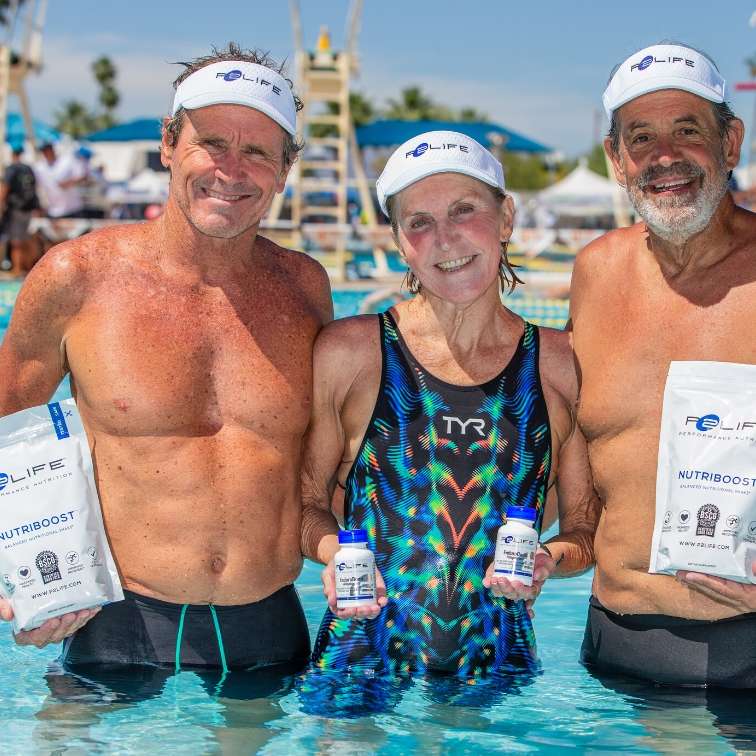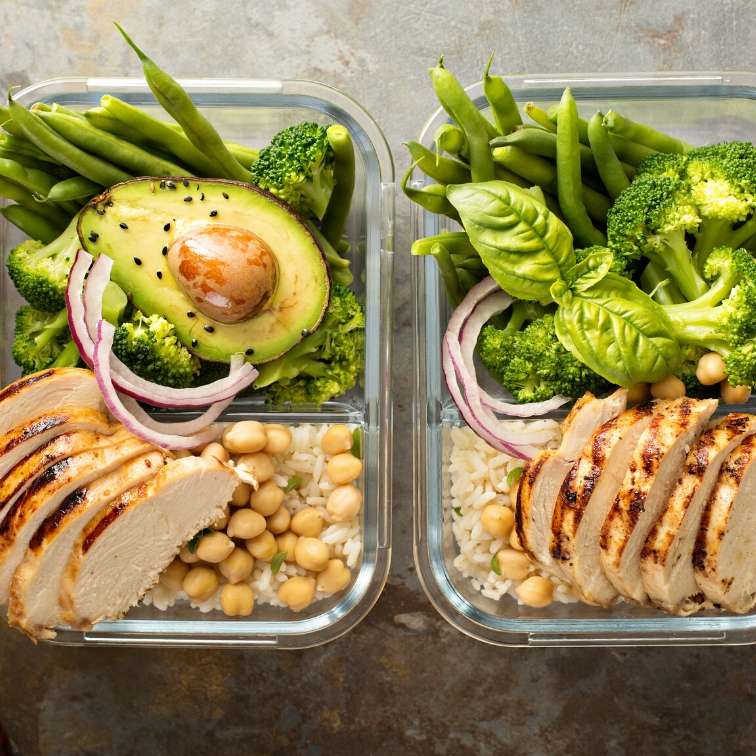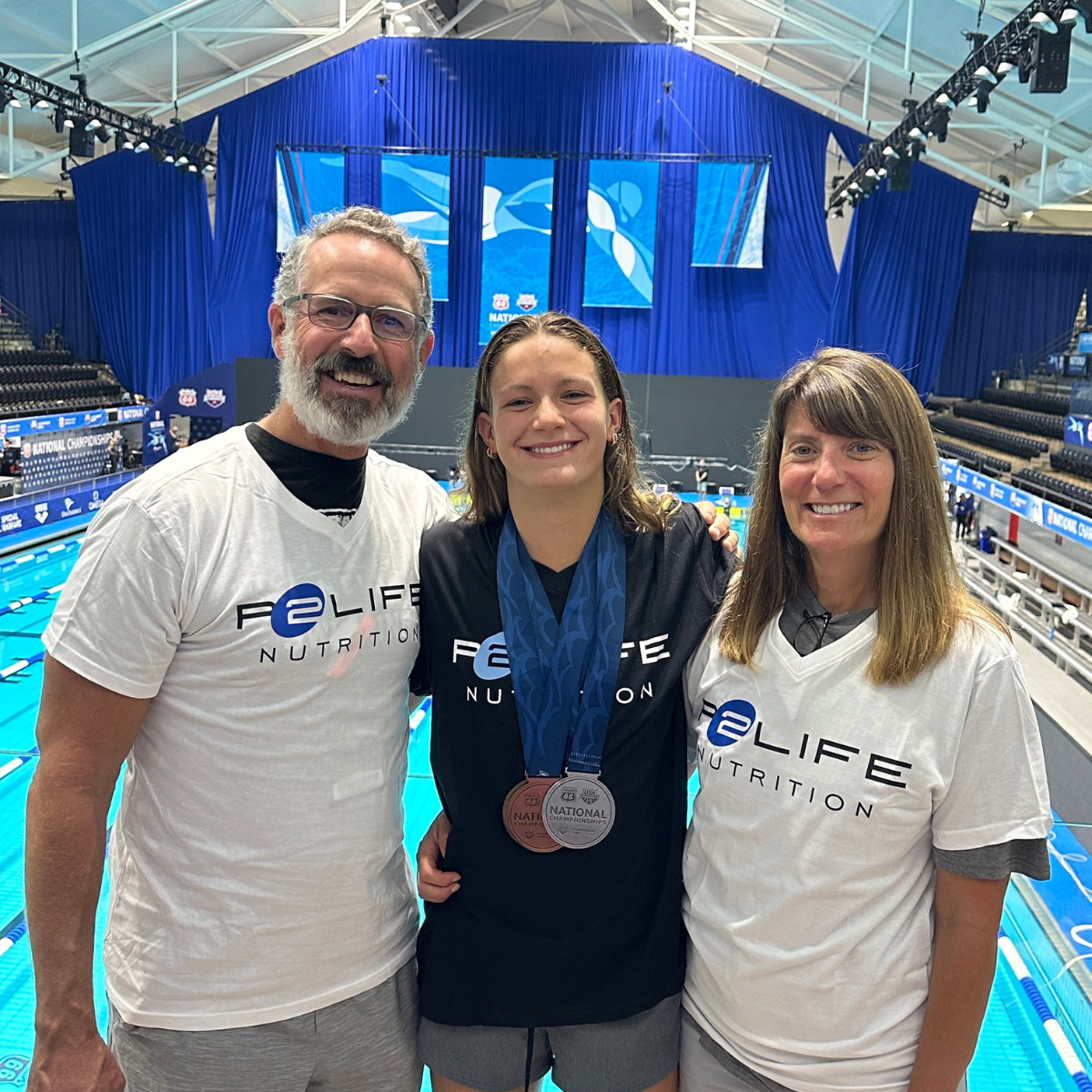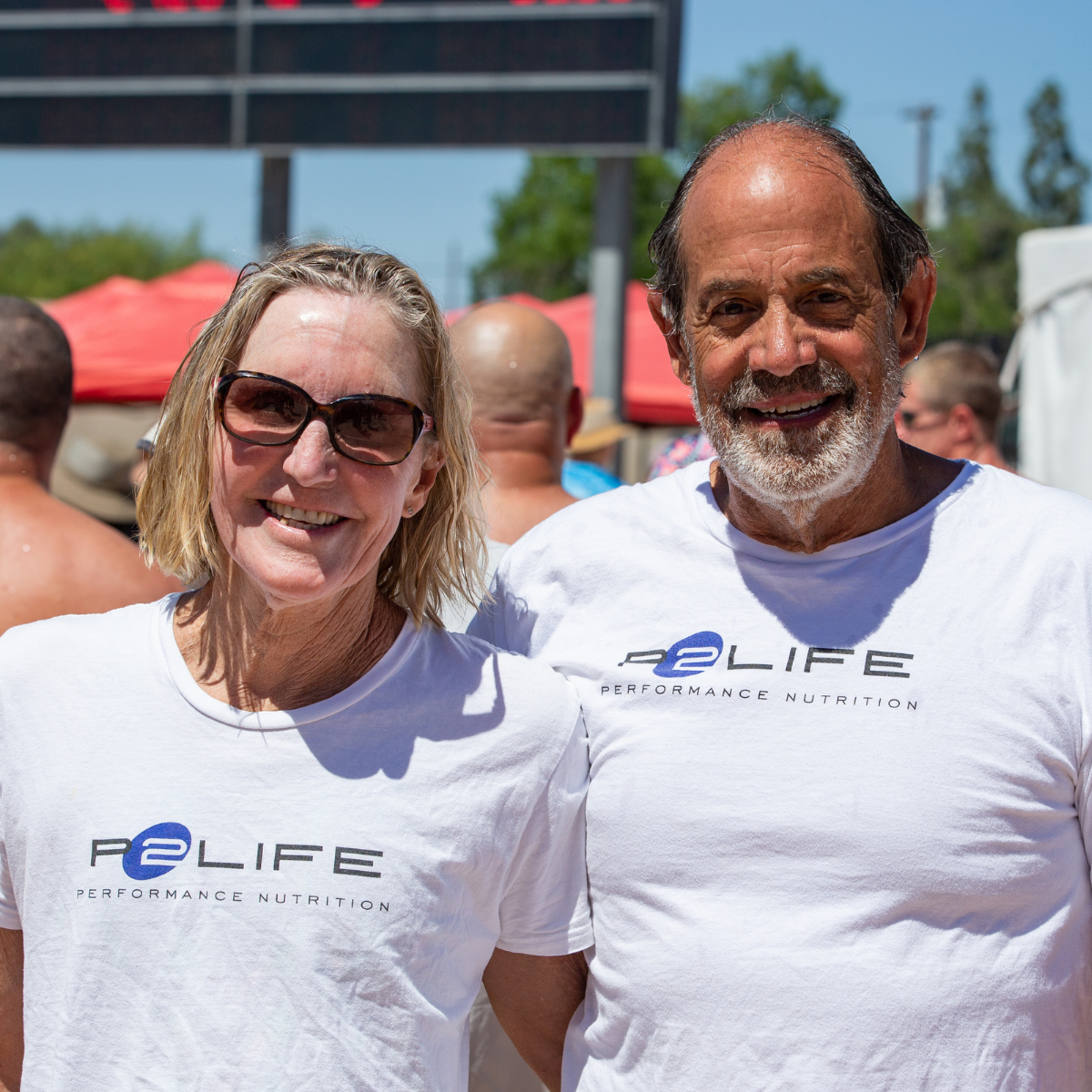
Meet Davis Tarwater: One of America's Most Elite Swimmers!
Davis Tarwater has got quite a list of accomplishments including 13 NCAA All American and holds the Duel in the Pool record for the 200 meter fly. And it's an elite group of people who can say that they belong to the troop of Olympic gold medalists, and Davis is one of those talented few! We spoke to Davis about his training routine, his nutrition regimen, and what led him to compete in one of the world's most elite competitions!
Tell us how you got your start in swimming.
Well, I started swimming in a summer league when I was about 7 years old and joined a year-round competitive team when I was 9. By the time I was 14, I cut out other sports and focused on swimming, where I swam both for my year-round competitive team and for my high school team.
After high school, I went to the University of Michigan on a swimming scholarship and during my time there, I won 3 NCAA titles. During my junior year in college, I made the National Team, representing the USA at the World Championships, but narrowly missed qualifying for the ‘04 & ‘08 Olympics. Then in 2012, I made the Olympic team as a part of the 800 freestyle relay.
What did you do differently that you think helped you qualify?
I trained differently and I took the sport more seriously in all aspects: technique, details, nutrition, weight training, recovery, sleeping habits. I definitely recovered more aggressively instead of just eating whatever I wanted after practice. I went from being a bystander in 2008 to being a true professional when it came time for London.
Recovery is definitely important. Share some of what you changed in your fitness routine.
Well, I was working out twice a day in the water, and on land every day. One of the biggest differences that I focused on was my flexibility and core strength. I started doing Pilates and an aggressive core circuit routine. I found that it translated into every aspect of being a successful elite athlete. It’s not just about speed and endurance in the water – you have to have a strong core & flexibility.
Sounds like a well-rounded training. It seems like you’ve had some experience in stressful race-day situations. Any tips for managing race-day stress?
What helped me the most was having a routine for race day so that I wasn’t thinking about what stuff was going to happen on that day. Having a well-rehearsed vision of what my day was going to look like. For example, visualizing myself going through warm-ups, being at the venue, seeing it in my mind. I think confronting the environment before you get there makes the stress of being in the environment easier to deal with.
Great ideas! So what records or accomplishments are you most proud of?
I’ve always tried to be a process-oriented person. When I look back on my athletic career, it is more about the camaraderie than individual performances. But my favorite swim that I ever did was in 2011 at Duel in the Pool, which is a competition between the European All Star and U.S. National Teams. I was selected for the team and 6 weeks before, I broke my hand and had to have surgery. During that time, I worked with my coach, David Marsh, and told him that I wanted to be ready. He said we’ve got to work on the things that you are weakest at because you can’t swim right now. So I worked on underwater dolphin kicking, turns, and some of the finer points. At the meet, I couldn’t put enough weight on my hand to even get out of the pool. But it was there that I broke the American record for the 200 meter butterfly. This showed me how to figure out a solution to a problem. Injuries are a part of athletics, but they don’t have to be debilitating. There is always something you can do to get better.

Very inspiring, Davis. You mentioned earlier that you made some changes to your nutrition plan. Tell us about those.
There were a couple of pieces to my nutrition plan. Having a caloric plan was important. For example, for each phase of training, I knew what my targets were. In a serious strength-training phase, I was conscious about more protein, or in the endurance phase, it was more about carbs.
More than anything, it was about recovery. Based on what I read, recovery was important after an exhausting workout. You have about 30 minutes to replenish the body with clean, recovery nutrition. I started aggressively fueling my body, especially a large block of training.
And then there’s the simple things, like discipline. It’s a hard message, but there are certain things you have to sacrifice if you want to perform at an elite level. What you put in your body matters. I had to give up pizza and Philly cheesesteaks. I did allow myself the freedom to cheat occasionally, but I was disciplined.
How does P2Life fit into your nutrition plan and how has it helped you?
I’m definitely a user of P2life products. NutriBoost was a regular staple of my recovery. I would have the protein shakes when I woke up, at night, after practice. I also liked the multivitamins and Adaptogens. They made me feel better through practice. Recovery wise, my performance was staying consistent. Limiting your awful days is so much more important than having a few great days. You’re building a body of work over a whole season so consistency is key.
Awesome! Is there anything else you’d like to add for our readers?
Athletics is a gift and it’s supposed to be fun. And you can do a lot of things to have better performance and certainly having good performance is fun. What I realized is that I could do everything right, but if I wasn’t engaged and enjoying the moment, I wouldn’t have the result I wanted. Don’t lose sight of the fact that swimming is a place where you can make relationships that last the rest of your life.










Leave a comment
This site is protected by hCaptcha and the hCaptcha Privacy Policy and Terms of Service apply.